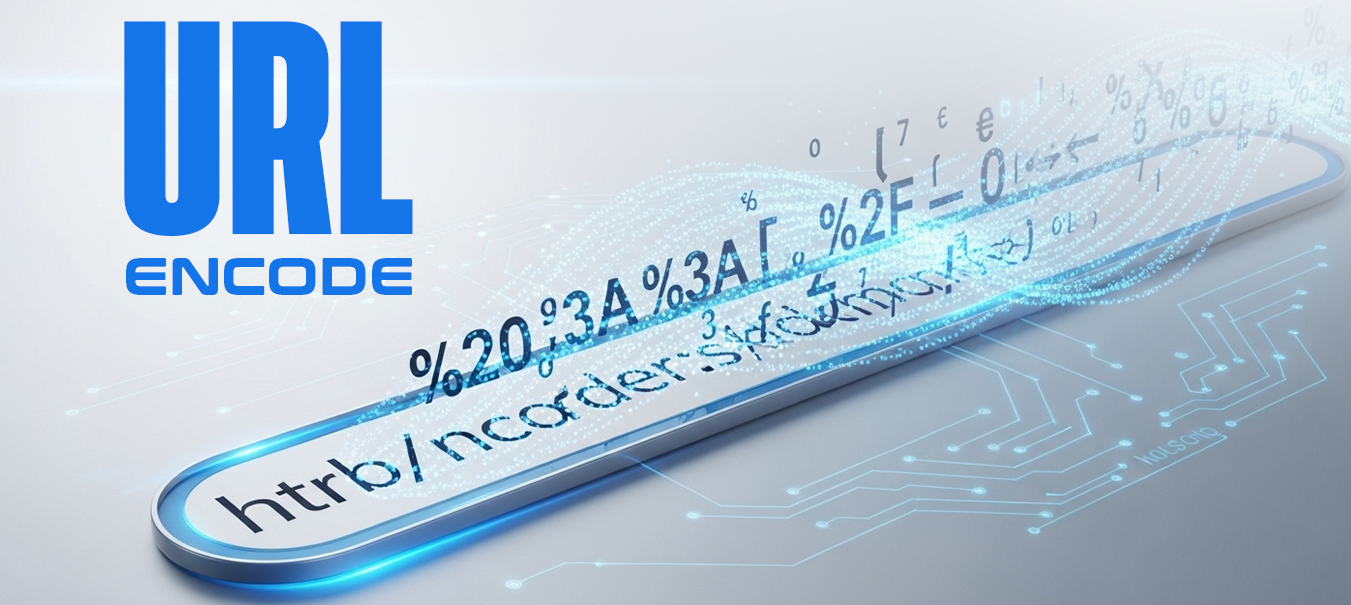URL Encode
Protect your URLs from being copied and pasted by bots

URL encoding changes characters into a kind of format that is allowed for transfer via the Internet. Special characters and reserved characters are replaced with a percent sign followed by their ASCII or UTF-8 code. This is to make sure that URLs will be properly processed by browsers, email, and web forms. You can use NanoWebTools free online URL encoder to encode any URL fast.

Raheel Jakhura
CEO / Co-Founder
Our goal is to provide online free tools so you don't have to install any software for basic usages. We are trying to add more tools and make these tools free forever.
Popular Tools
Recent Posts
How to Find Your IP Address Online instantly?
February 18, 2026
Find Facebook ID Online | Get Profile, Page & Group ID Instantly
February 16, 2026
 English
English
 العربية
العربية
 Deutsch
Deutsch
 Español
Español
 Français
Français
 Italiano
Italiano
 Português
Português
 Русский
Русский
 Türkçe
Türkçe
 Tiếng Việt
Tiếng Việt
